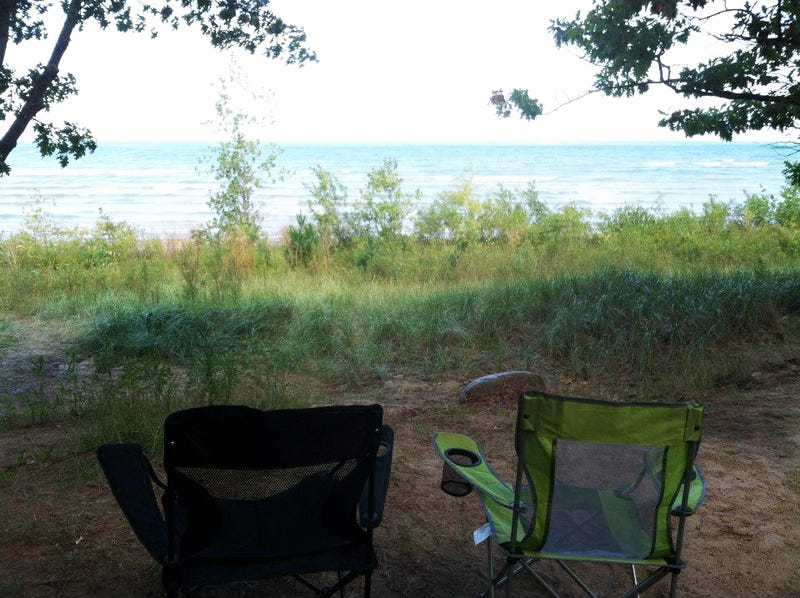
(WWJ) It's just a dollar, but people will see an increase in the cost of a Recreation Passport in Michigan, beginning next month.
The Michigan Department of Natural Resources has announced that, effective March 1, 2023, the Recreation Passport resident vehicle fee will increase from $12 to $13 and from $6 to $7 for motorcycles.
For those who buy the passport with their two-year vehicle registration, the fee will go from $24 to $26.
This is the first increase in the price since 2020.
The Michigan Recreation Passport gives residents year-round vehicle access to 100-plus state parks and recreation areas, more than 1,000 state-managed boating access sites, 140-plus state forest campgrounds, and parking at thousands of miles of trails and other outdoor spaces.
The DNR says the fee change is a result of a statutory provision that ensures Recreation Passport funding keeps pace with the economy. Basically, the law says that the DNR does not determine the cost of the Recreation Passport; instead, fee adjustments are based on the Consumer Price Index, as determined by the federal Bureau of Labor Statistics. The notice of change was provided by the Michigan Department of Treasury in November.
For those who think they'll use the passport, you get the best deal when you buy it when you renew your car registration.
There's a $5 convenience fee (except for Belle Isle Park) when the Recreation Passport is not purchased at the time of your license plate registration renewal through the Secretary of State, and is instead purchased at a state park or recreation area.
Out-of-staters should note that all of this is only relevant for Michigan residents. New nonresident Recreation Passport fees, including the nonresident annual pass currently $39, since an increase went into effect on Jan. 1.
Where does the money go? The state says all revenue generated by Recreation Passport sales goes into a restricted fund that supports state park infrastructure and operations, a grant program for community recreation agencies, state forest campgrounds and nonmotorized pathways and trails, cultural and historic resource restoration, along with marketing and promotion.
“The Recreation Passport model, introduced in 2010, provides a unique funding opportunity for the state’s parks and recreation system,” said Ron Olson, DNR Parks and Recreation chief.
"In essence, the annual resident Recreation Passport was tied to the Secretary of State’s vehicle registration process," he said. "Not only was the purchasing opportunity put in front of more residents, but the cost per vehicle also dropped significantly. That shift resulted in more purchases that ultimately better support these outdoor spaces and protect natural and cultural resources for the next generation.”
This is a popular program. In 2022, the DNR says 40% of eligible vehicles in Michigan had the Recreation Passport.
Get complete information about the Recreation Passport — including how to get it, and locations to use it — at Michigan.gov/RecreationPassport.
More on today's top stories:


